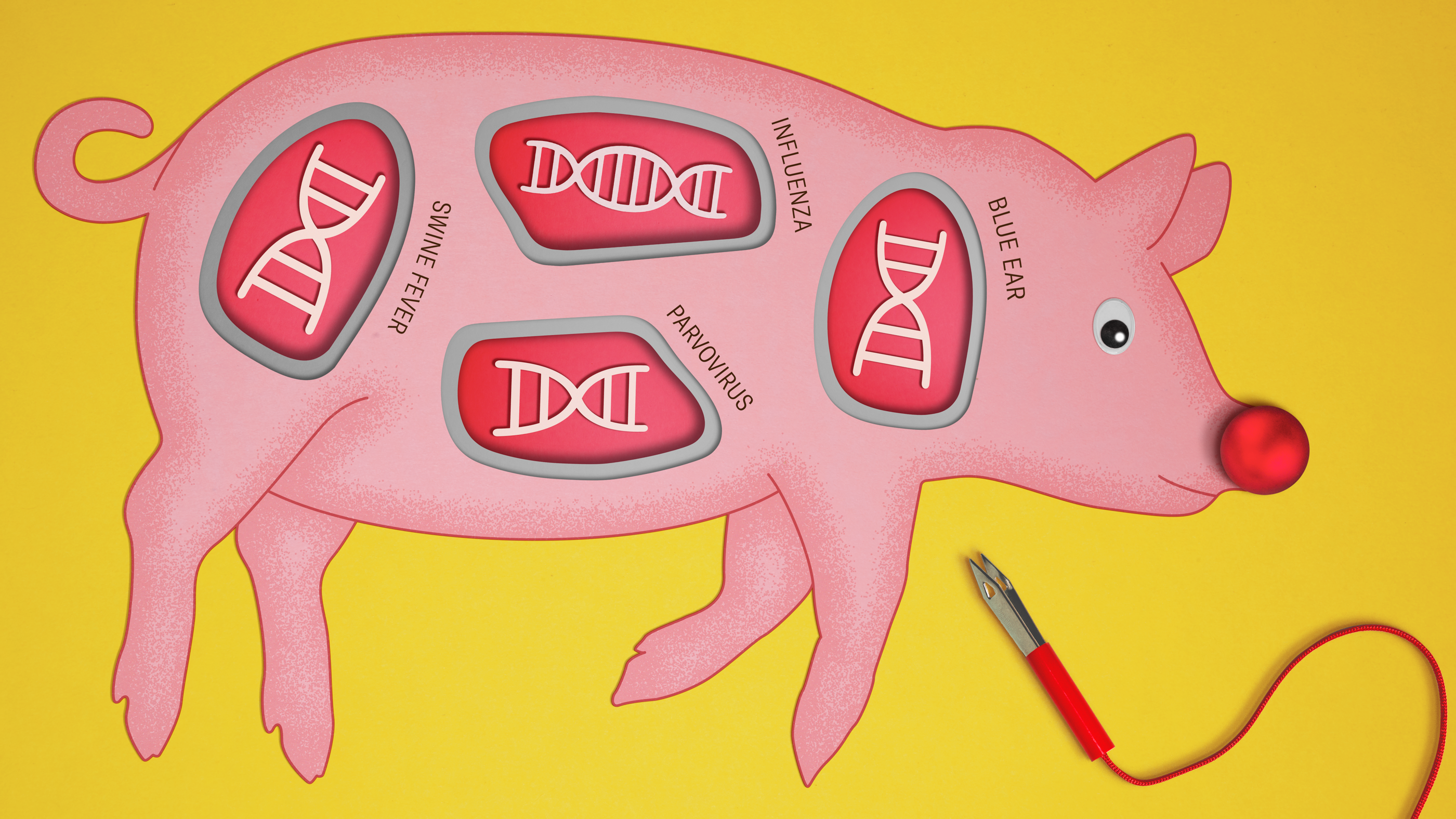This is today’s edition of The Download, our weekday newsletter that provides a daily dose of what’s going on in the world of technology.
After 25 years of hype, embryonic stem cells are still waiting for their moment
In 1998, researchers isolated powerful stem cells from human embryos. It was a breakthrough for biology, since these cells are the starting point for human bodies and have the capacity to turn into any other type of cell—heart cells, neurons, you name it.
National Geographic would later summarize the incredible promise: “the dream is to launch a medical revolution in which ailing organs and tissues might be repaired” with living replacements. It was the dawn of a new era. A holy grail. Pick your favorite cliché—they all got airtime.
Yet today, more than two decades later, there are no treatments on the market based on these cells. Not one. Our biotech editor Antonio Regalado set out to investigate why, and when that might change. Here’s what he discovered.
China is escalating its war on kids’ screen time
When it comes to controlling how minors use the internet, China is a world leader, thanks to measures like its strict three-hour-per-week limit for children playing video games.
It’s now going even bigger: last week it announced a complex maze of new rules governing how children use every different type of device. For example, under 16s are limited to a maximum of an hour using any device a day.
Many in the US may be jealous of this degree of control. But it taps into the same paternalistic attitude that determines what children should watch and what adults should read. How comfortable are we in pushing the balance further to the side of centralized control rather than individual decision-making? Read the full story.
This story is from China Report, Zeyi Yang’s weekly newsletter giving you the inside story on what’s going on in China’s tech sector. Sign up to receive it in your inbox every Tuesday.
The must-reads
I’ve combed the internet to find you today’s most fun/important/scary/fascinating stories about technology.
1 People are keen to get excited about technology
Hype around superconductors and nuclear fusion suggest we’re swinging back towards techno-utopianism. (The Atlantic $)
+ Are you ready to be a techno-optimist again? (MIT Technology Review)
2 WeWork has warned it could go under
It’s losing customers as the co-working market gets more competitive. (Bloomberg $)
3 AI could help to fuel eating disorders
Awful but unsurprising—it’s been trained on online content, and there’s a lot of pro-anorexia stuff out there. (WP $)
+ The woes for AI image-generation startup Stability AI appear to be mounting. (Bloomberg $)
+ Here’s how we rein in AI. (The Atlantic $)
+ Our quick guide to the 6 ways we can regulate AI. (MIT Technology Review)
4 Why it’s so hard to forecast wildfire smoke 
At best, we can still only predict it a day or so ahead. (New Yorker $)
+ The quest to build wildfire-resistant homes. (MIT Technology Review)
+ Europe is struggling with floods, wildfires and torrential rain this week. (NYT $)
5 China plans to restrict face recognition tech
New rules are just the latest effort to impose guardrails around AI tech there. (WSJ $)
+ China isn’t waiting to set down rules on generative AI. (MIT Technology Review)
6 Grimes is always excellent entertainment value
This interview covers everything from AI art to dying on Mars to the odds on that Musk v Zuck fight happening. (Wired $)
+ The press ought to exercise a bit more skepticism when covering Mr Musk’s antics. (The Verge)
7 TMSC is going to build its first European chip plant in Germany
Europe is following the US and China’s lead and trying to reduce reliance on external suppliers. (WSJ $)
+ What’s next for the chip industry. (MIT Technology Review)
8 You could take an Alzheimer’s risk test. But should you?
It’s unclear what you can do if you’re at high risk, besides going crazy with worry. (Wired $)
9 It seems serial killings are becoming rarer
And it’s likely that we can at least partly thank technology. (NYT $)
10 TikTok is launching its first livestream music competition
Makes sense! But weirdly, it’s yet to confirm how much money winners get. (The Verge)
Quote of the day
“Whoever’s doing this is obviously preying on writers who trust my name and think I’ve actually written these books. I have not. Most likely they’ve been generated by AI.”
—Author Jane Friedman has had enough of Amazon and Goodreads hosting fraudulent AI-generated books under her name, she writes in a blog post.
The big story
Gene editing has made pigs immune to a deadly epidemic

December 2020
When covid-19 began to spread, countries closed businesses and told people to stay home. Many thought that would be enough to stop the coronavirus. If we had paid more attention to pigs, we might have known better.
To prevent their animals contracting diseases, pig farmers employ measures familiar to anyone who has been avoiding covid-19, including contact tracing, disinfecting supplies, and requiring human workers to change clothes before entering a secure barn.
Now the Pig Improvement Company, in Hendersonville, Tennessee, is trying something different. Instead of trying to seal animals off from the environment, it’s changing the pigs themselves. It’s using CRISPR, the revolutionary gene scissors, to make piglets immune to deadly diseases. Read the full story.
—Antonio Regalado
We can still have nice things
A place for comfort, fun and distraction to brighten up your day. (Got any ideas? Drop me a line or tweet ’em at me.)
+ Get out of a cooking rut with these tips.
+ Cat lovers know… it really is just like that.
+ If you’re a fan of word games, this devilishly difficult semantics-based one will keep you busy.
+ So much to love about these surfing dogs. (Thanks Stefan!)
